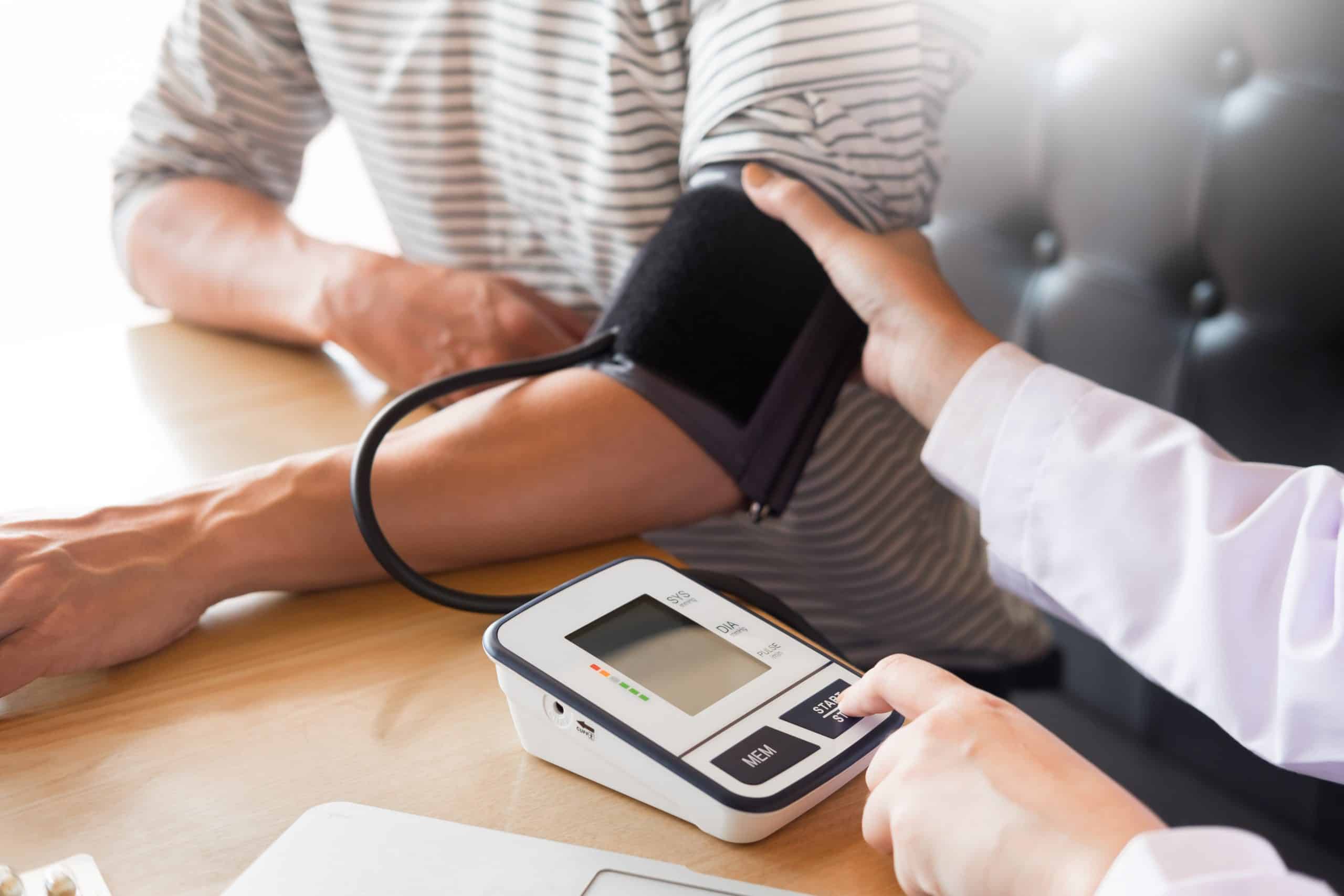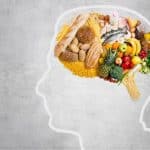
How to look after your blood pressure
Hypertension (high blood pressure) affects about one in four people and the only way of knowing one has hypertension is to have your blood pressure checked. Hypertension is considered when a blood pressure reading is over 140/90mmHg, but should be confirmed by a healthcare professional performing separate tests to reach a diagnosis. Hypertension, if left untreated, can lead to serious health conditions, such as stroke, risk of heart attack and kidney disease. If you have hypertension or to reduce the risk of this happening to you, there are plenty of lifestyle changes that you can undertake.
This fact sheet will focus particularly on the main dietary factors affecting hypertension.
1. Salt
Salt directly influences blood pressure, the more you have in the diet, the greater the risk of hypertension. It is important to eat less salt (sodium chloride) and other forms of sodium. Hidden salt accounts for approximately 75% of our intake, found particularly in highly processed foods and takeaways, whilst about 25% is added in cooking or at the table. Salt is naturally found in foods and therefore there is no need to add additional salt to our diet, unless in particular circumstances, for example high sweat loss or advised by a healthcare professional.
Many people have developed the taste for salt due to years of consuming too much highly processed foods with a high salt content. It is recommended that we should eat no more than 6g of salt each day.
To help reduce your salt intake, aim to:
- Use herbs and spices instead of salt for cooking and seasoning, for example: Marjoram, parsley, thyme, ginger, cinnamon, basil, oregano, lemon, garlic and pepper.
- Cook from fresh as much as possible and eat less highly processed foods.
- Read the ingredients. Foods labelled with ‘sodium’ are other forms of salt.
- Cut down gradually to adjust your taste, just as you would reduce sugar in tea or coffee and in two to three weeks you will notice the difference in your intake.
- As a guide for packaged foods, over 1.5g of salt per 100g is high (often shown by the ‘red traffic light’) and 0.3g of salt per 100g is low (‘green traffic light’).
2. Fibre
Foods that are naturally high in fibre can help lower your blood pressure and in addition can help with weight management as they tend to be lower in energy and can help you feel fuller for longer. In particular, aim for plenty of:
- Vegetables (including salads) and fruit
- Pulses (lentils, beans and chickpeas)
- Whole grains, for example, brown or wild rice, rye – such as rye bread, quinoa and oats
These foods are also rich in minerals and vitamins, which can help keep you in good health.
3. Alcohol and Caffeine
- Drinking excess alcohol is known to increase blood pressure. If you drink, keep within the limits, that is no more than 14 units a week for both men and women spread pver at least 3 days if 14 units are consumed, with at least 2 consecutive alcohol-free days a week. Alcohol is also high in calories which can potentially increase your weight, particularly around the waist area, further increasing the risk of hypertension.
- Drinking too much caffeine can increase blood pressure, cut down if you drink the equivalent of four or more cups of instant coffee a day. Bear in mind that energy drinks, tea and cola also contain caffeine.
4. Exercise
Taking regular exercise as being active will help lower or control blood pressure by keeping the vessels of the heart in good condition. It is the pressure on your heart and arteries that can cause hypertension. Exercise can also help with weight management and aid stress levels by helping you to relax. Aim to gradually increase your activity if you are not used to exercising. It is recommended that adults should do at least:
- 150 minutes (two and a half hours) of moderate-intensity exercise a week or
- 75 minutes of vigorous-intensity exercise a week and
- Muscle strengthening exercises on two or more days of the week that work all the major muscles (hips, chest, legs, arms, shoulders and abdomen)
5. Body Weight
Being overweight will force the heart to work harder to pump blood round the body, this will in turn, increase blood pressure. Central obesity, where the weight is particularly distributed around the abdomen (vital organs) has a stronger link with hypertension. A weight loss of 5-10% of body weight can make a significant difference to blood pressure. Aim to incorporate:
- Regular physical activity
- A slow, steady weight loss to aid weight loss maintenance
- Follow a healthy eating diet
- Keep alcohol intake within the recommended limits, reducing alcohol will help with weight loss


